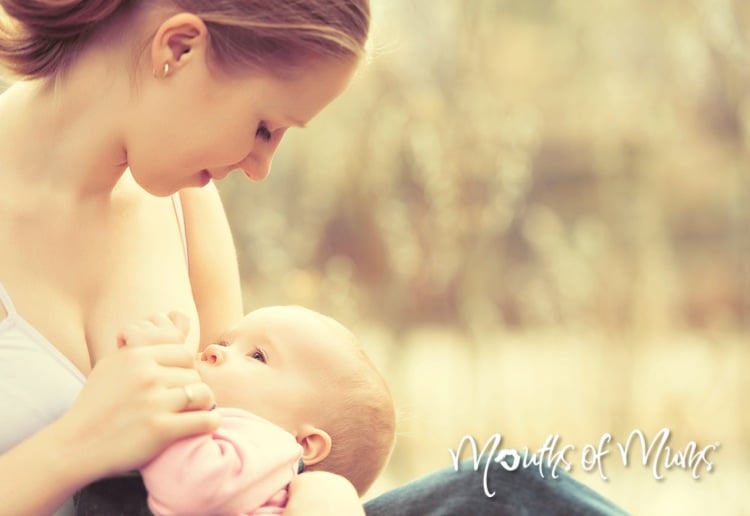Tertiary-educated women are twice as likely to start or continue breastfeeding than mothers with only high-school education, says Australian research.
Though in saying the above, News.com.au reports that the youngest child is the one ‘most likely not to be breastfed’. They stated that overall, women – particularly those with a higher level of education – were less likely to breastfeed their youngest child.
This may be because they are returning to work soon after reaching their desired number of children, says University of Queensland’s School of Public Health PhD candidate Natalie Holowko.
The number of children a woman had influenced breastfeeding, with firstborns more likely to be breastfed if their mothers went on to have more children.
She analysed data related to more than 4700 mothers in the Australian Longitudinal Study on Women’s Health to determine relationships between socio-economic factors, birth order and breastfeeding rates.
“Breastfeeding reduces a child’s risk of being overweight or obese, making it one of the first lines of defence against the emerging obesity epidemic,” Ms Holowko said.
“Breastfeeding was started with 83 per cent of newborns, but only 59 per cent of six-month-olds were still being breastfed.”
Compared to women with only high-school education, university-educated women were almost twice as likely to initiate breastfeeding or to breastfeed for the recommended minimum six months.
Women with a parent who had fewer than 10 years of education were about one-and-a-half times as likely to not breastfeed, Ms Holowko said.
“To encourage women to start and sustain breastfeeding where possible, there needs to be more focus on removing barriers – at home, at work and in the community.”
Share your comments below.
Image via Shutterstock
We may get commissions for purchases made using links in this post. Learn more.




















-

-
-
-
meedee said
- 08 Aug 2021
Reply
-

-
-
-
ella12 said
- 31 Aug 2016
Reply
-

-
-
-
deb_gs said
- 03 May 2016
Reply
-

-
-
-
isabeau said
- 04 Apr 2016
Reply
-

-
-
-
mom134803 said
- 29 Mar 2016

Reply
-

-
-
-
rovermum said
- 23 Mar 2016
Reply
-

-
-
-
mom101628 said
- 22 Mar 2016
Reply
-

-
-
-
june11 said
- 22 Mar 2016
Reply
-

-
-
-
mom90758 said
- 22 Mar 2016
Reply
-

-
-
-
Nas01 said
- 22 Mar 2016
Reply
Post a comment6:39 am
2:28 pm
10:28 pm
4:25 pm
7:07 am
1:08 pm
11:01 pm
9:40 pm
3:36 pm
2:19 pm